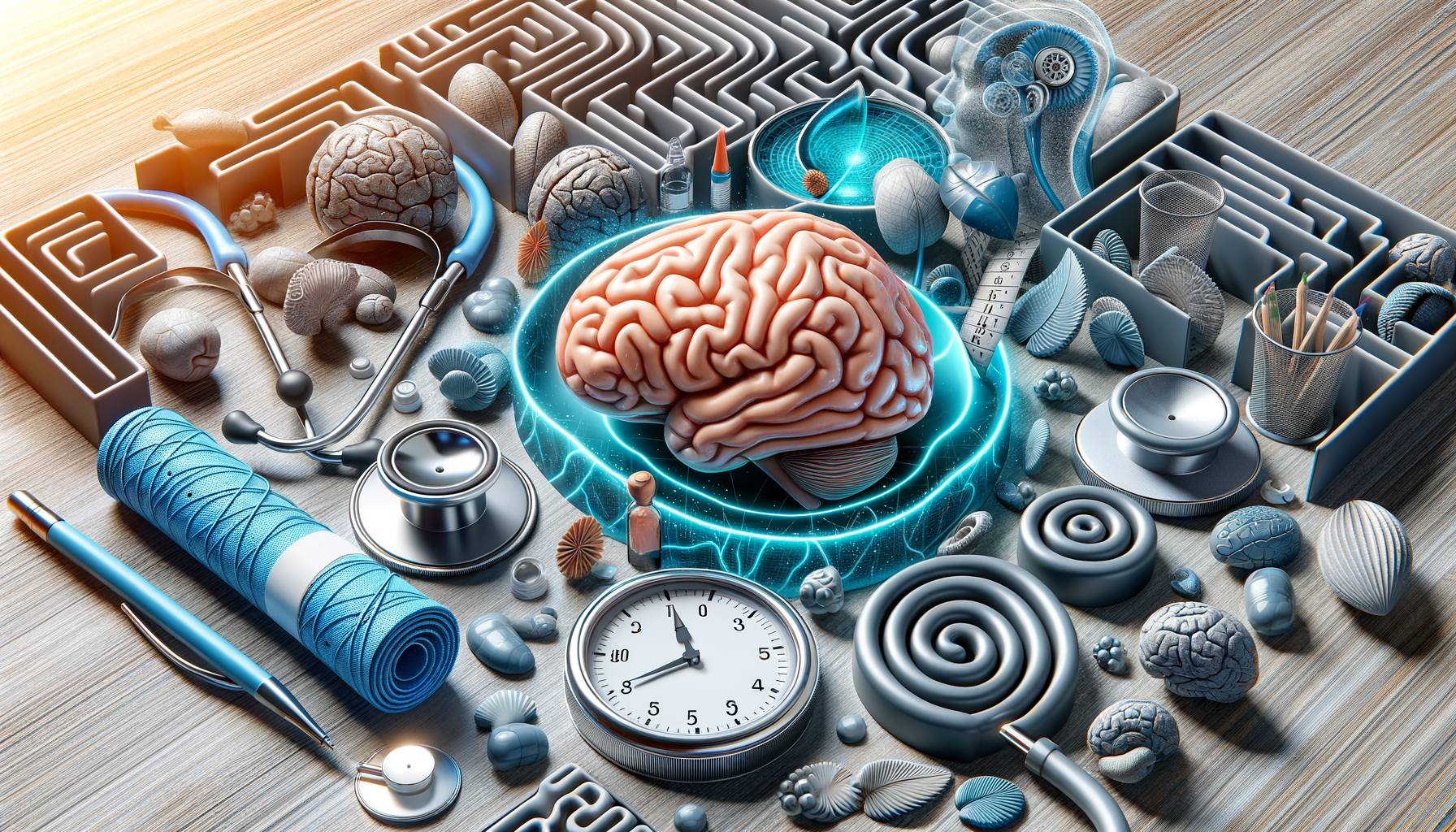
Dementia Care: Early Signs, Treatment Paths, and What to Know About Alzheimer Tests
Understanding the Early Signs of Dementia
Dementia is a complex condition that affects millions of people worldwide, yet early detection remains a challenge. Recognizing the early signs of dementia can significantly impact the quality of life for those affected. These signs often include subtle changes in memory, such as difficulty recalling recent events or conversations. Other indicators might be confusion about time and place, challenges in performing familiar tasks, and changes in mood or personality. It’s crucial to understand that these symptoms can vary widely among individuals, making it essential for caregivers and loved ones to pay close attention to any noticeable changes.
Early detection allows for timely intervention, which can slow the progression of the disease. Regular check-ups and discussions with healthcare professionals can help track these changes. Additionally, keeping a journal of observed behaviors can provide valuable information during medical consultations. Early diagnosis not only helps in managing symptoms but also enables individuals and their families to plan for the future, ensuring that appropriate care and support systems are in place.
Treatment Paths and Management Strategies
Once dementia is diagnosed, developing a comprehensive treatment plan is vital. While there is currently no cure for dementia, various management strategies can help alleviate symptoms and improve quality of life. Treatment paths often include medications that address specific symptoms, such as memory loss or mood changes. These medications can help stabilize cognitive functions, although their effectiveness may vary from person to person.
Non-pharmacological approaches are equally important. Cognitive therapy, physical exercise, and engaging in social activities can stimulate the brain and help maintain cognitive function. Caregivers play a crucial role in implementing these strategies, ensuring that the person with dementia remains active and engaged. It is also beneficial to create a supportive environment that minimizes stress and confusion, such as maintaining a consistent daily routine and simplifying tasks.
Collaboration with healthcare providers, including neurologists and geriatricians, is essential in tailoring treatment plans to the individual’s needs. Regular assessments and adjustments to the care plan help address the evolving nature of dementia, ensuring that the individual receives the most appropriate care at each stage of the disease.
The Role of Alzheimer Tests in Diagnosis
Alzheimer Tests are integral to diagnosing dementia, particularly Alzheimer’s disease, which is the most common form of dementia. These tests include a range of assessments designed to evaluate cognitive function, memory, and reasoning skills. Common tests involve memory recall exercises, problem-solving tasks, and language assessments. Additionally, healthcare providers may use brain imaging techniques, such as MRI or CT scans, to identify changes in brain structure that are indicative of Alzheimer’s.
Biomarker tests, which measure specific proteins in the blood or cerebrospinal fluid, are also becoming more prevalent in diagnosing Alzheimer’s. These tests can provide early indications of the disease even before significant symptoms appear. Early and accurate diagnosis through these tests enables timely intervention, allowing for more effective management of the condition.
It is important for individuals and families to understand that a combination of tests is often necessary to confirm a diagnosis. Consulting with specialists who have experience in dementia care can provide clarity and guidance through the diagnostic process, ensuring that individuals receive the appropriate support and treatment.
Creating a Supportive Environment for Dementia Care
Providing care for someone with dementia requires creating a supportive environment that prioritizes safety, comfort, and engagement. This involves making modifications to the living space to reduce hazards and enhance accessibility. Simple changes, such as installing grab bars in bathrooms, using nightlights to illuminate pathways, and labeling drawers and cabinets, can significantly improve safety and ease of navigation.
Emotional support is equally important. Caregivers should foster a positive atmosphere by encouraging social interaction and participation in enjoyable activities. This not only helps maintain cognitive abilities but also enhances emotional well-being. Activities such as listening to music, gardening, or participating in art projects can be particularly beneficial.
Caregivers should also prioritize self-care to prevent burnout. Joining support groups and seeking respite care can provide much-needed relief and a sense of community. Understanding the challenges and rewards of caregiving can help caregivers maintain their own well-being while providing compassionate and effective care for their loved ones.
Planning for the Future: Legal and Financial Considerations
As dementia progresses, planning for the future becomes increasingly important. Legal and financial considerations should be addressed early to ensure that the individual’s wishes are respected and that resources are managed effectively. Key steps include establishing a durable power of attorney, which designates someone to make decisions on behalf of the person with dementia when they are no longer able to do so.
Creating an advance healthcare directive is also crucial. This document outlines the individual’s preferences for medical treatment and end-of-life care, providing guidance to family members and healthcare providers. Additionally, reviewing and updating financial plans, including wills and insurance policies, helps safeguard the individual’s assets and provides for their care needs.
Consulting with legal and financial professionals who specialize in elder care can provide valuable insights and assistance in navigating these complex issues. By planning ahead, families can reduce stress and uncertainty, ensuring that their loved ones receive the care and support they need throughout the progression of dementia.


